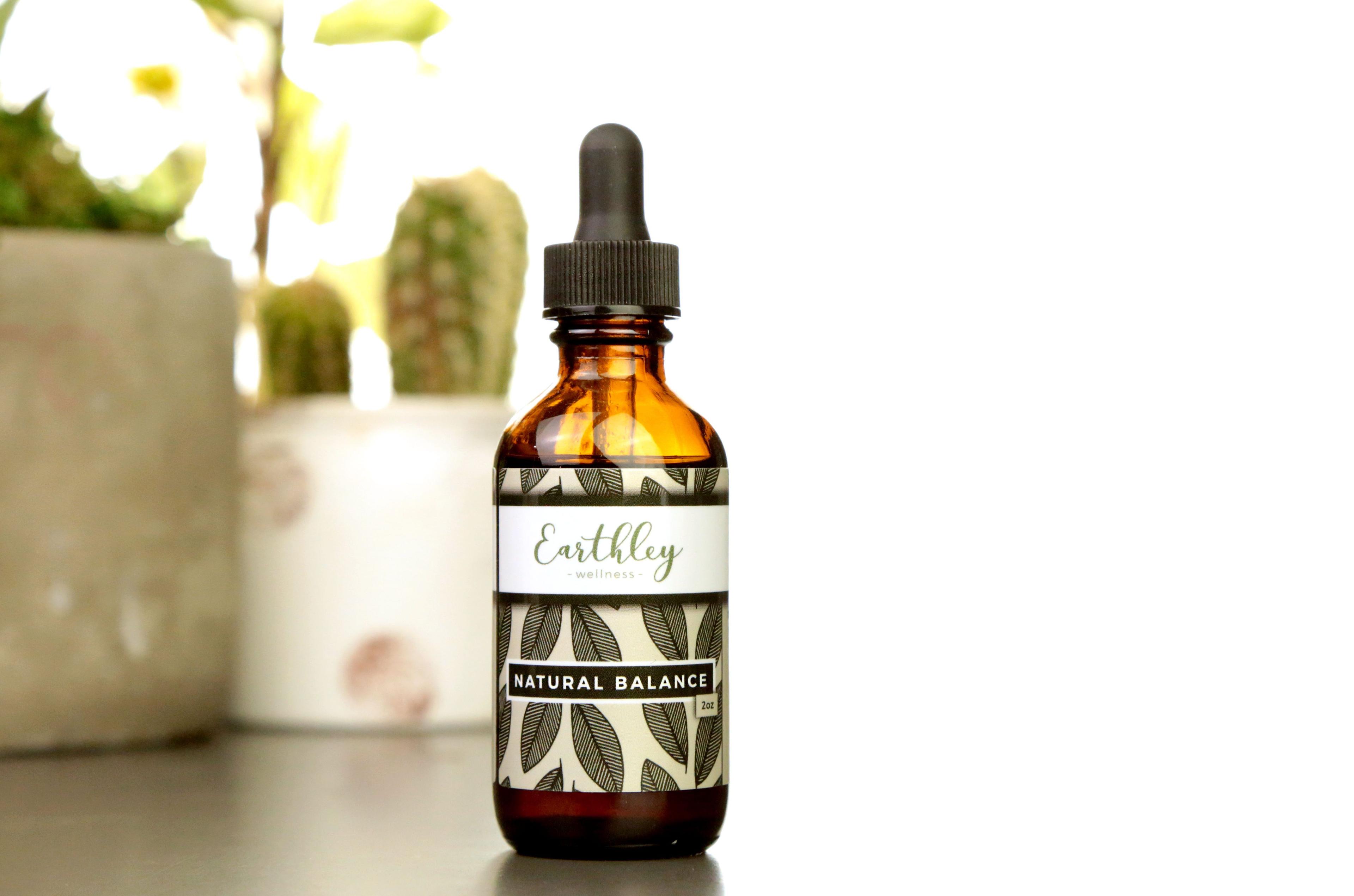Is Perimenopause real?

Everyone knows what menopause is -- hot flashes, mood swings, the end of menstruation, but no one really talks about the time before menopause. Why is that?
Often thought of as “hormone imbalance,” perimenopause isn’t exactly that. The reason why perimenopause is often not talked about, or even missed by so many, is because it is more subtle than menopause but is incredibly important -- and real!
Female adult hormones can be thought of in three stages. The first is the reproductive stage. Once our hormones are established as teens, our cycles should be reasonably predictable and fairly tolerable. If you struggle with your monthly cycle, know that it might be common, but it’s not normal. For more about hormonal imbalances during this time of your life, our guide, What No One Tells You About Hormone Balance, is a great place to learn more.
Part of the reproductive stage is pregnancy and breastfeeding. Your monthly cycle takes a break while you're pregnant, but once you are postpartum, your body works its way back to that monthly cycle, even if you’re breastfeeding. Some have their cycle return fairly quickly, and others can go a year or more before they get their monthly cycle back. The reproductive stage is all about that monthly cycle.
The second stage is the stopping of that cycle. The bodily act of stopping your menstrual cycle is split into two: perimenopause and menopause. The first is a bit like the red flag; the warning stage says, “Hey, up next, we’re going to get off at an exit and start a new path.” Like many road signs, if you’re not looking, you might miss the first few early warnings (menopause city approaching 100 miles, menopause city 30 miles . . .).
What are these warning signs? Why do they matter?
A whole spectrum of human experience exists; female hormones are just one small part. Some women will say, “I didn’t have any problems with my period or menopause.” and that’s amazing; that should be the goal. But so many more are saying, “Why do I feel this way?” or “What’s wrong with me?” They’ll run to doctors who will say, “You’re getting old; there’s nothing I can do for you” or “I can’t find anything wrong with you,” and none of those is the truth. The truth is that estrogen and progesterone (the main two female hormones responsible for the ebb and flow of our monthly cycle) do a lot more than regulate our cycle.
Estrogen helps:
- Digestion
- Inflammation
- Energy levels
- Bone health
- Cholesterol levels
- Metabolism
- Regulates mood
Progesterone helps:
- Sleep
- Mood regulation
- Bone health
- Libido
- Thyroid function
As you can imagine, once these hormones start to drop off, you might start to feel not right.
One of the many reasons we feel there’s something wrong, but we don’t know if it’s related to perimenopause, is that most of us think hormones only affect our reproductive areas. How can a frozen shoulder be related to perimenopause? But aren’t my digestive issues related to too much stomach acid?
Surprisingly, many signs of perimenopause aren’t related to the reproductive organs.
Signs of perimenopause include:
- Slight change in cycle
- Heavier or lighter flow
- Longer or shorter cycle length
- Increase in PMS symptoms
- Insomnia
- Headaches/migraines
- Achy joints
- Frozen shoulder
- Slower digestion (food feels like it’s sitting in your stomach, a full/hungry feeling)
- Hair loss
- Muscle loss
- Brain fog
- Dryness
- Skin
- Mouth
- Vagina
- Itchy skin
- Bleeding gums/receding gum lines
- Acne
- Body odor
- Dizzy spells
- Tinnitus
- Fatigue
- Hot flashes
- Anxiety
- Depression
As we mentioned earlier, our reproductive hormones influence a lot, so when things start to not work the way they should if you’re close to the age of perimenopause, you might want to start thinking about things a little bit differently.
When Does Perimenopause Start?
The answer to that question is very personal and individual. Generally speaking, perimenopause starts during the late 30’s to late 40’s. That’s a 10-year gap. Some women can be entering menopause while others at the same age are still having babies. There are a few factors that can also influence when perimenopause starts, including:
- Genetics
- Weight/body mass
- Cigarette smoking
- Removal of one or both ovaries, as well as a full hysterectomy
It can be hard to tell what is hormonal imbalance and what is perimenopause once you cross into that age bracket. If you’re someone who likes numbers and testing, you can get a hormone panel run. Most mainstream practitioners won’t do one, and insurance often won’t cover it, but many holistic practitioners will test. If you do decide to get a hormone panel run and you’re curious if you’re starting perimenopause, be sure to have them check your FSH levels. Elevated FSH levels are one of the most significant indicators that you are in perimenopause.
Help! I think I’m starting perimenopause.
First, don’t panic. Like all the other stages of hormones, this one is completely normal. If you’re starting to have some uncomfortable symptoms, it’s time to start listening to your body and giving it more support.
Your body is building resources to make a big transition and will need a lot to help it make the next step smoothly. Before focusing on what hormones are up or down, start by supporting whole-body systems.
Adrenal Support
Your adrenals are going to have to start working harder once perimenopause starts. They will provide additional support as your body slowly moves towards menopause.
Adrenal cocktails
Adrenal cocktails are a great way to get essential vitamins and minerals that your adrenals love.
Basic Adrenal Cocktail Recipe
- ½ cup or 4 oz. of orange juice
- ¼ tsp. of cream of tartar
- ¼ tsp. of fresh ground Himalayan sea salt
You can drink this twice a day. Check out more of our Adrenal Cocktail Recipes!
Herbs to support adrenals
Stress can cause the body to burn through essential vitamins and minerals. This is where herbs can really help. Not only can they provide the vitamins and minerals needed, but they can also support the body’s response to stress. Herbs like nettles nourish our bodies with B vitamins and minerals like selenium and potassium (nettles are found in our Nourish Me Naturally tincture). Adaptogens like schisandra berry help support the body’s ability to regulate stress response (you can find schisandra berry and other adrenal-happy herbs in our Master Tonic tincture).
Sleep
Sleep deprivation is one of the biggest factors in stressed adrenals. Getting enough sleep always matters, but it matters even more during perimenopause. If you think of your adrenals as a gas tank, sleep deprivation will cause your body to empty that gas tank faster.
Liver Support
The liver plays a huge role in hormone support. It needs to direct hormones to the right places in and out of the body. If it’s stressed out, we can get excess hormones that we don’t need.
Supporting your liver includes not overindulging in sweets and alcohol. Just like with adrenals, some herbs support the liver. Dandelion and turmeric root are great for keeping the liver functioning properly. Both of those can be found in our Liver Love Tincture.
Lifestyle Changes
Lifestyle changes can also really help during this time in life. Making sure you’re making time for movement every day will help you feel less stressed and keep your heart, muscles, and body happy. We’re not saying you have to join a CrossFit gym, but intentional movements matter more now. Yoga, walking, and even weightlifting have all shown positive benefits in helping women during perimenopause.
What you eat matters more, too. Not only should you be mindful of sugar and alcohol, but your body will tell you when it’s happy with a good protein/carbohydrate/fat balance. If your digestion is feeling sluggish, bitters like our Digest Support or digestive enzymes can help.
Hormone Talk
Finally, targeted hormone support! We know that when hormones are up, down, and all around, there also needs to be support for those!
How Earthley can help
Earthley’s founder and CEO, Kate, knows women's struggles with hormones and has formulated several tinctures to help!
Lunamore promotes healthy blood sugar levels and hormone balance, may reduce discomfort during periods, and may also support healthy estrogen levels.
Ease the Ache: Unbalanced hormones can lead to discomfort, bloating, heavy bleeding, mood swings, cravings, night sweats, trouble sleeping, and more — which can make you miserable! Our formula contains cramp bark, red raspberry leaf, motherwort, and nettle in a base of cane alcohol or vegetable glycerin as a highly bio-available liquid extract. It helps to reduce discomfort and bloating, promote a healthy cycle, even out mood, and more.
Natural Balance: We created Natural Balance to help with stress, which can lead to weight gain, poor skin health, poor sleep, and much more. This tincture is a combination of herbs for women that supports the adrenals to better manage stress. It can increase energy, promote a calm mood, and provide an overall feeling of wellness. The ingredients included in our herbal supplement for women are “adaptogenic,” meaning they work to promote general balance in the body.
Are you reading this, nodding your head, and thinking, “I need to learn more?!” This year, we released our “Understanding Menopause: The Support You Need.” Many of Earthley’s team members are also facing perimenopause and menopause, and together, they researched and compiled this guide filled with facts about menopause, practical ways to support your body, nutrient-dense recipes, and more.
There’s a lot of negative information out there about perimenopause and menopause, and we want you to know it doesn’t have to be bad! Step one is knowing you can make positive changes. We’re glad you’re here reading this because this is the start of a happier, healthier journey in life.
We also want you to know that you’re not in this alone! That list of symptoms came from women. We see and hear you and want to support you and your health.
Not sure where to start with your hormone journey? Take our Hormone Quiz!
Find what you need below!
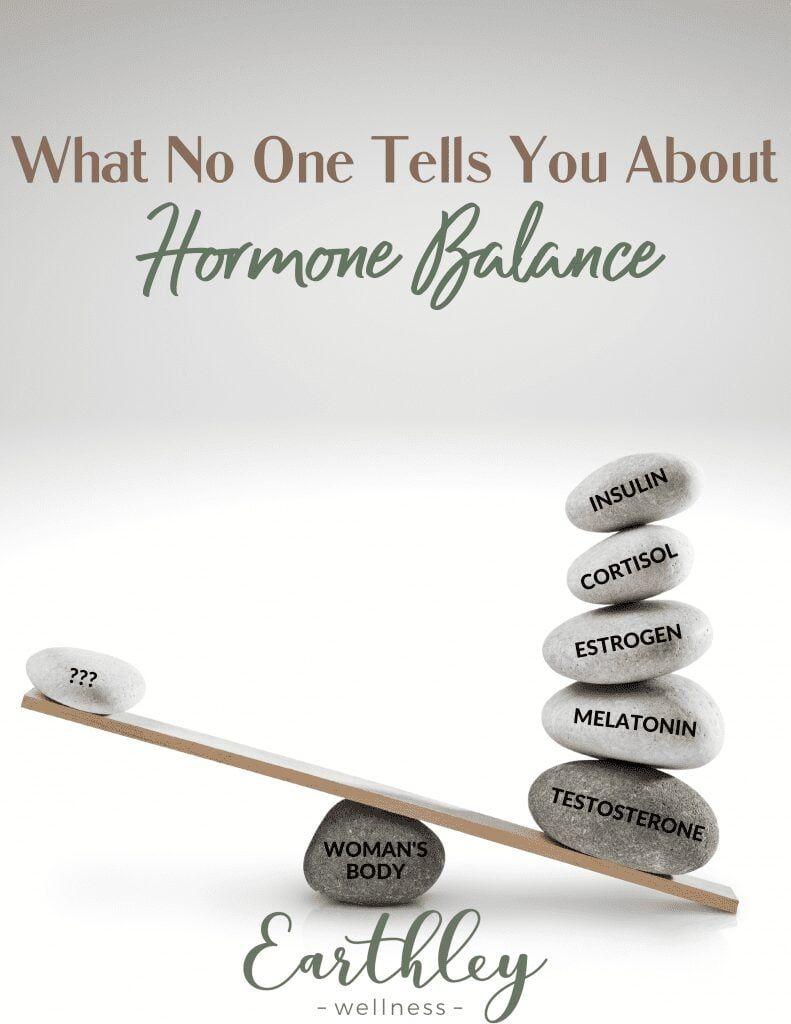
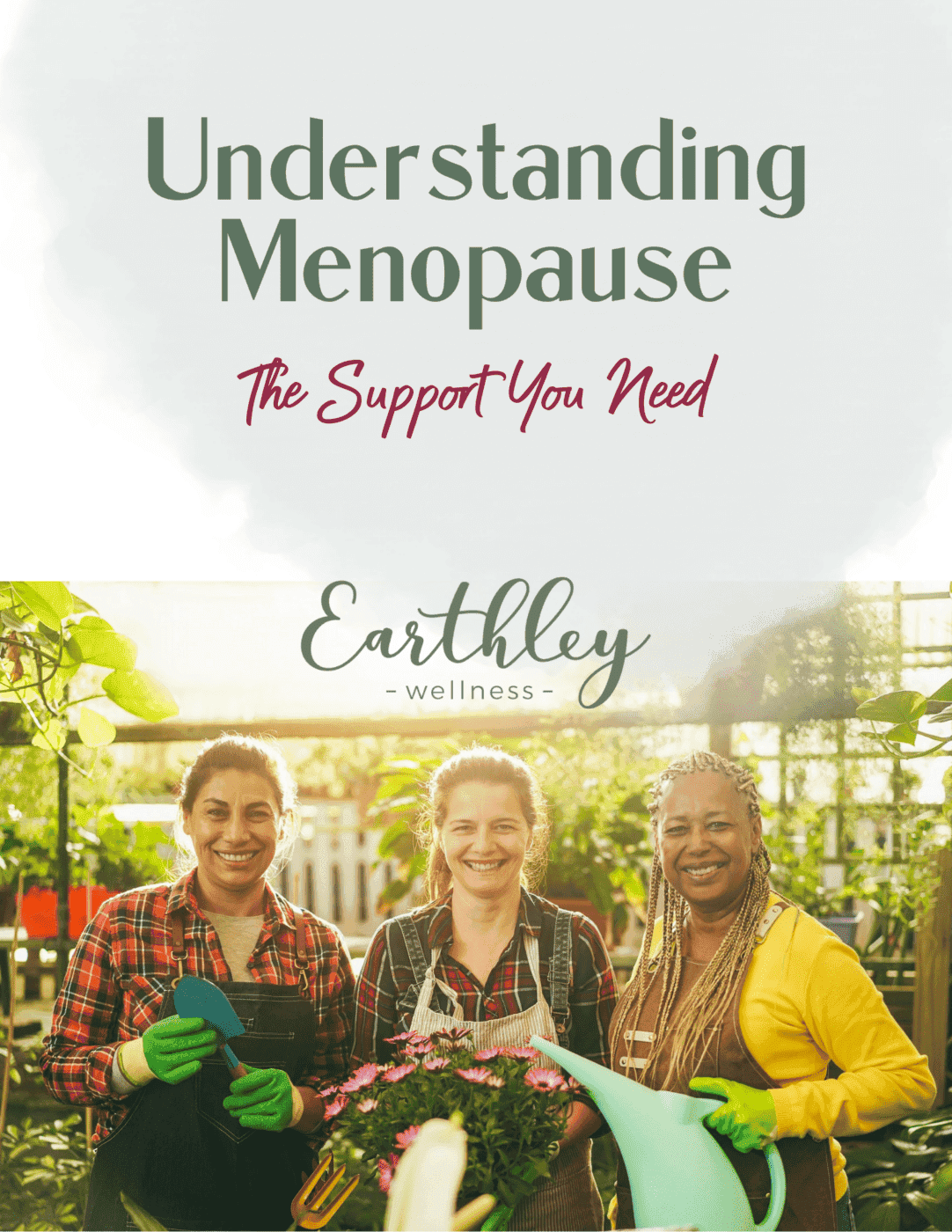
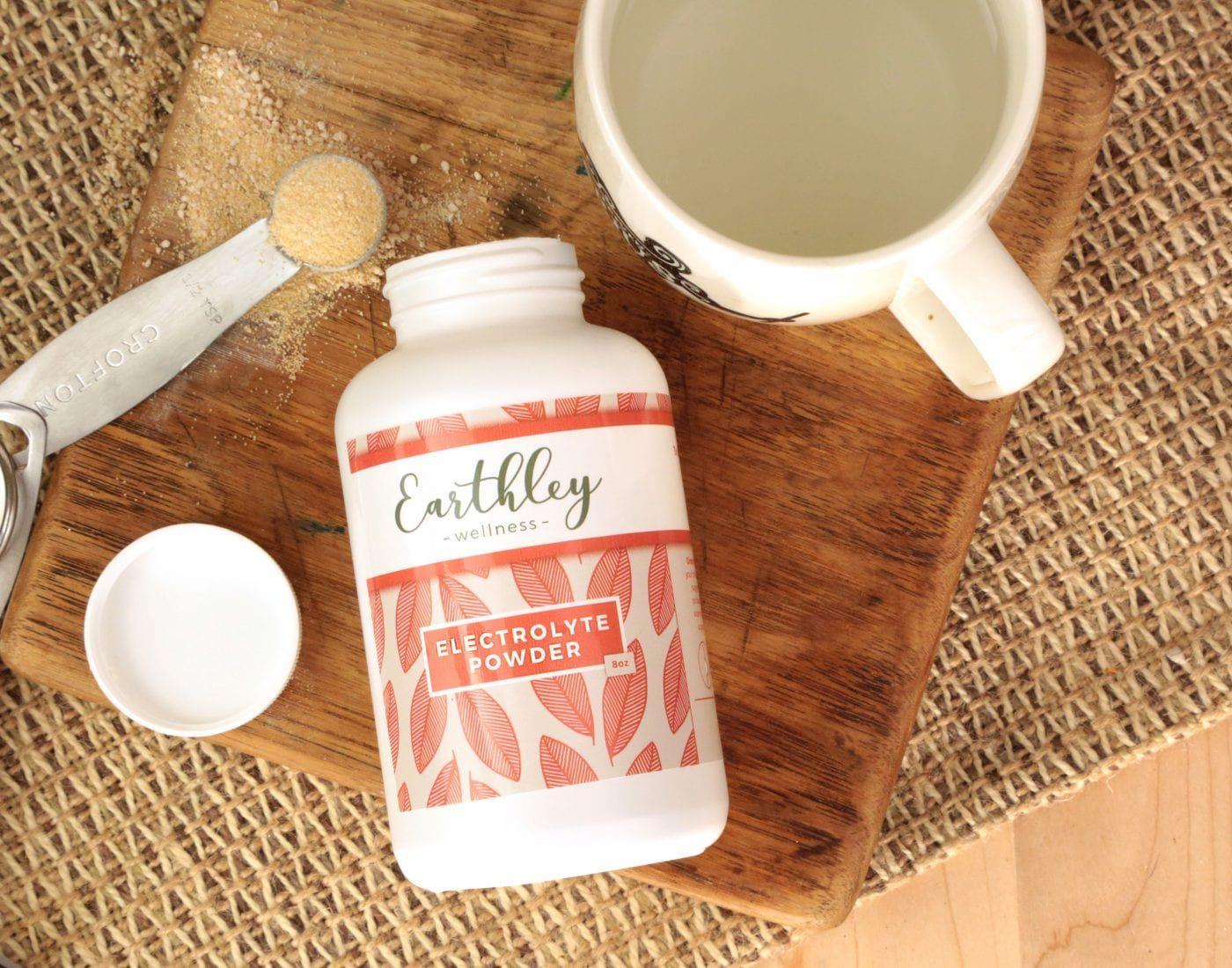
To hydrate with natural electrolytes during endurance or illness
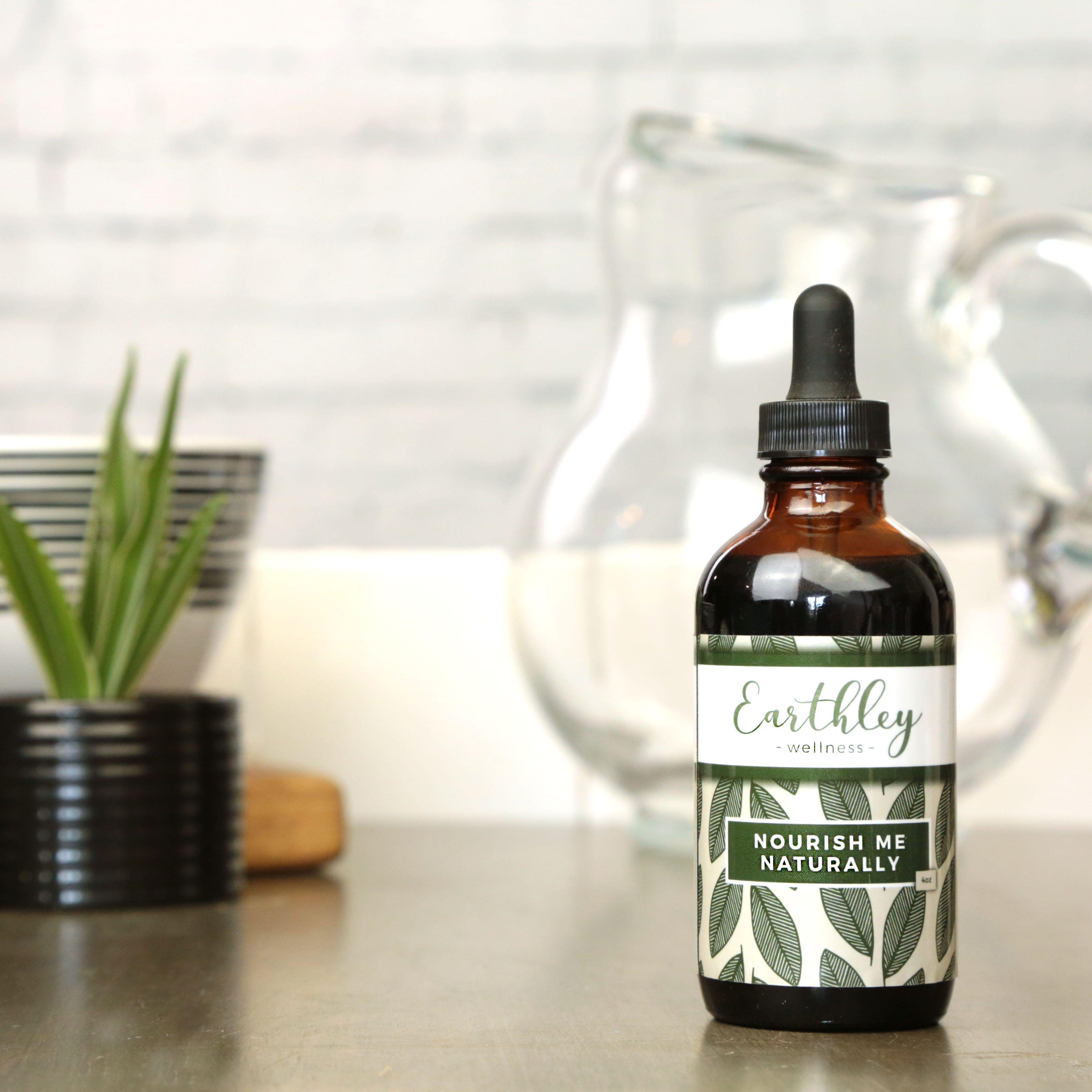
Whole, natural nutrition for all
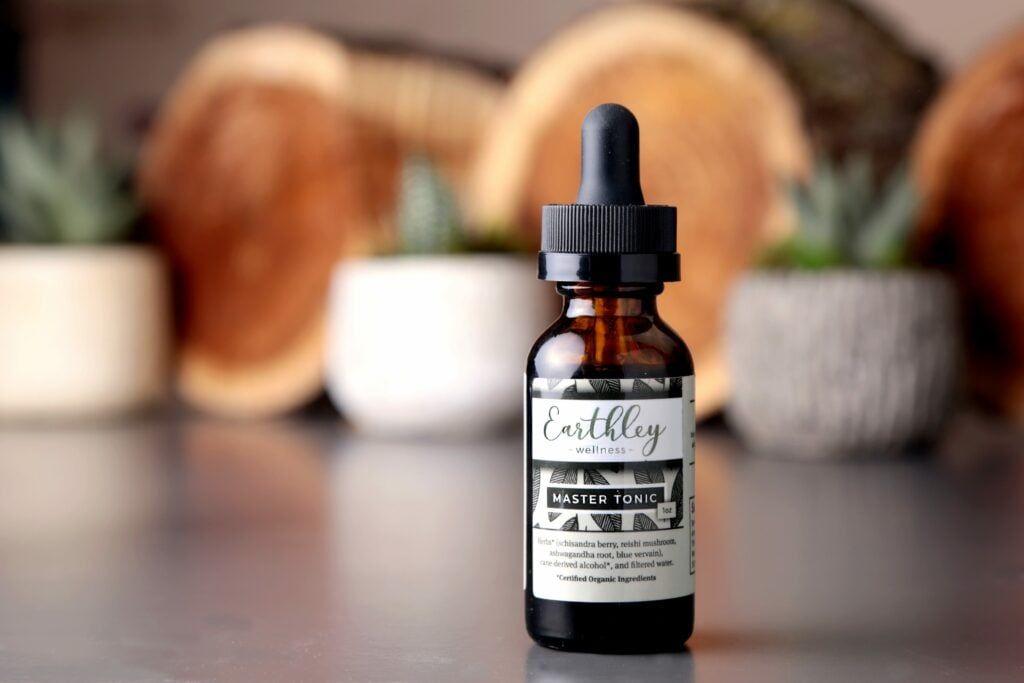
For adrenal and immune support, and total body wellness
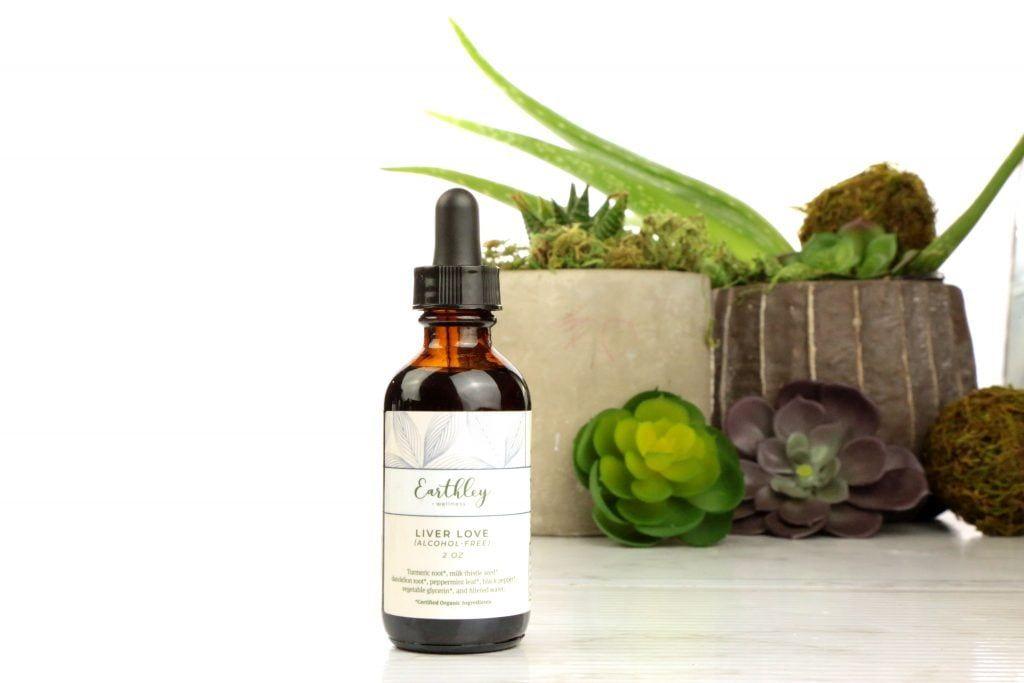
To support healthy liver function
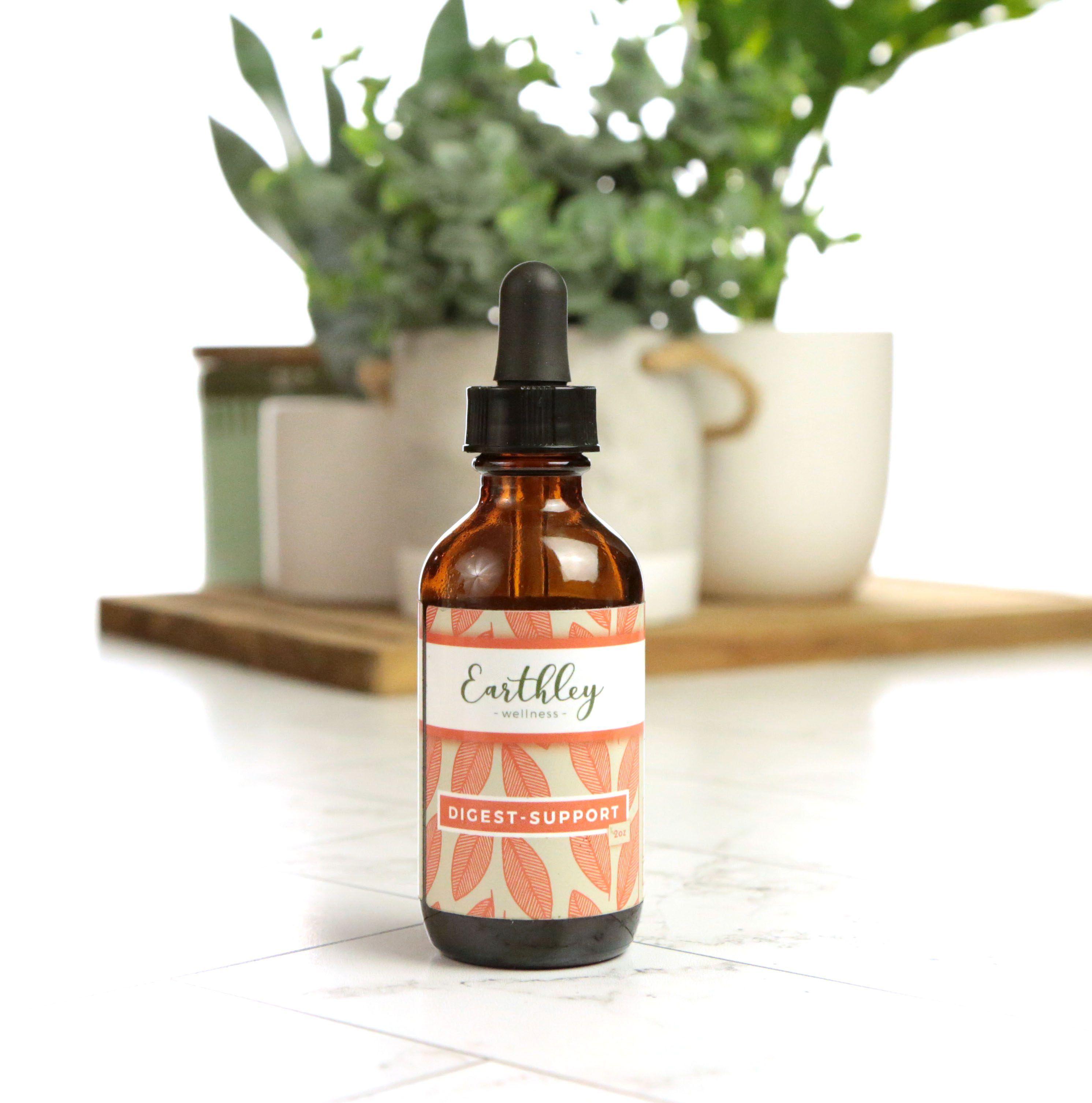
Bitters to promote healthy digestion
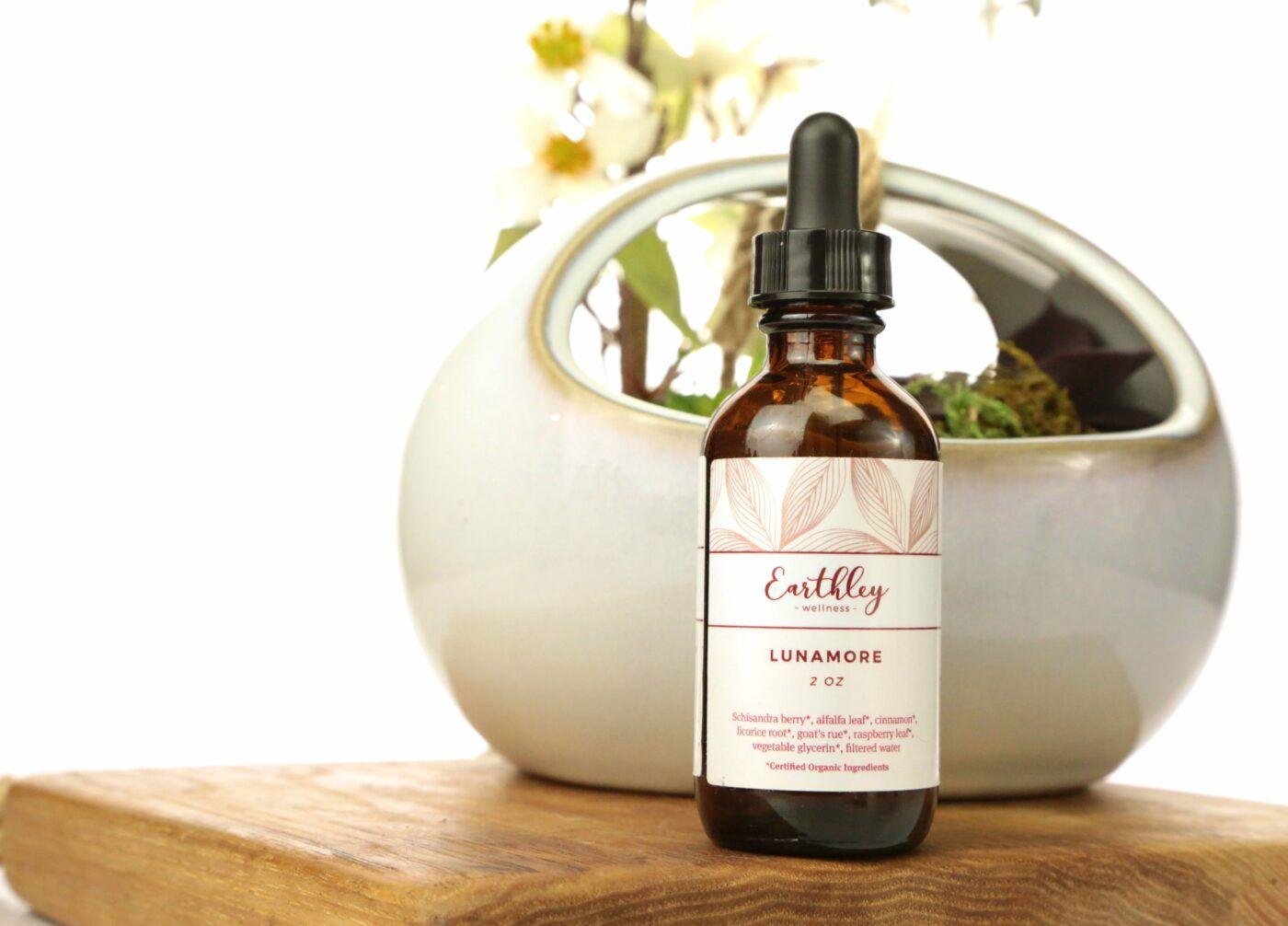
Balances your cycle and supports healthy metabolism
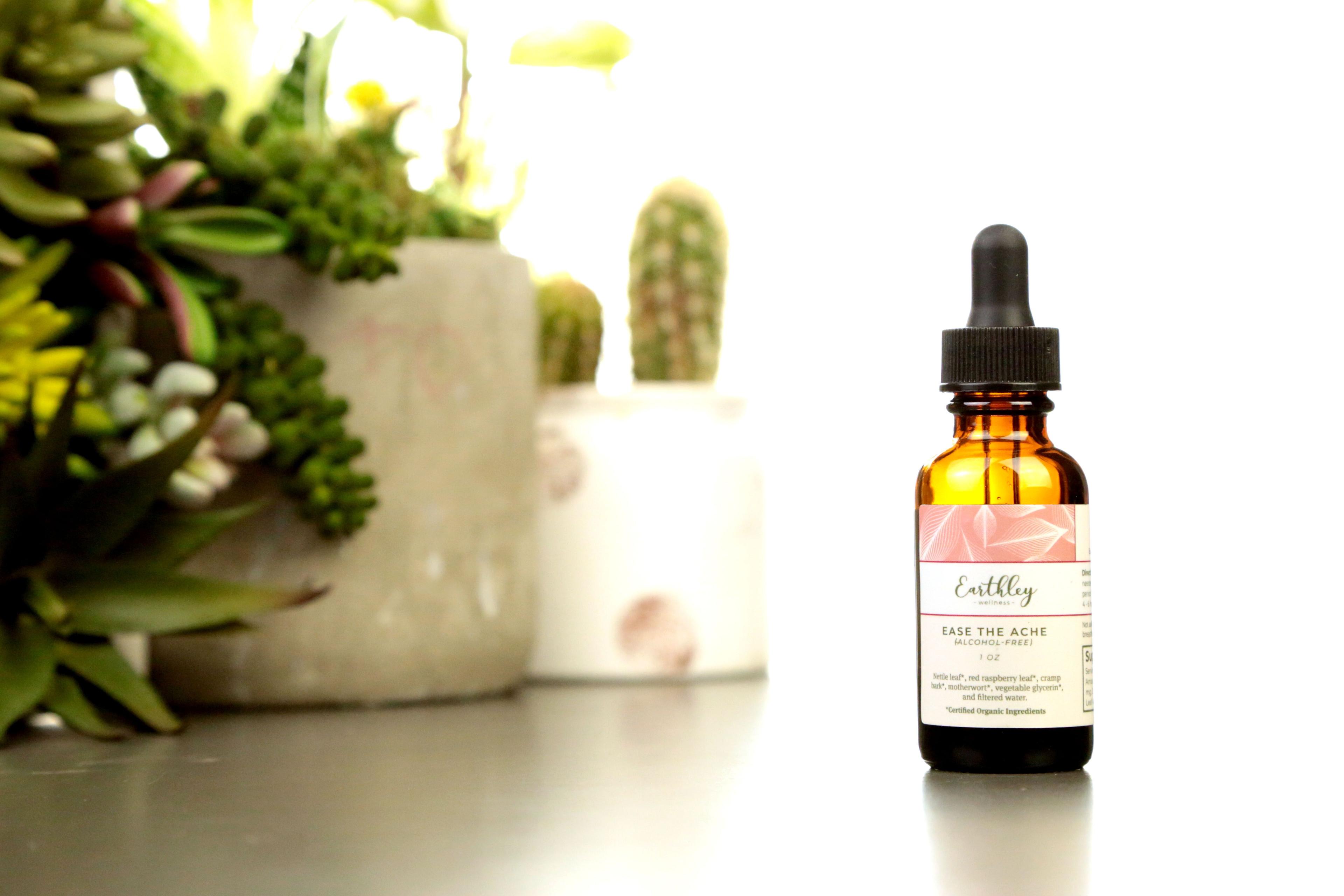
For the relief of occasional cramps and bloating
